Delivering Exams Online
Learning Management Systems (LMS) such as Blackboard make the process of creating, delivering, and grading exams very efficient, thereby saving faculty valuable time and offering students convenience and flexibility. However, when making the decision to offer exams online, it is important to consider how you will ensure academic integrity. For example, how do you discourage students from working together to complete a high-stakes test that is designed to measure an individual student's knowledge? How will you reduce the likelihood that your exam questions and answers are shared? How do you know that the student taking the exam is the same person who is registered for the class? These are issues in any higher education classroom, but the online environment poses additional challenges.
Among the first steps in developing a plan to ensure academic integrity is to consider what types of tests you will give and how they fit into your overall assessment strategy. Not all assessments take the form of tests. Your overall assessment strategy should include a variety of assessment types including short written assignments, term papers, discussion posts, and projects as well as quizzes, ungraded self-tests, and tests. If your course will include traditional tests, consider whether you plan for them to be low-stakes or high-stakes:
High-stakes Versus Low-stakes
- Low-stakes assessments: a test that the students will take online with no proctor. Normally, these types of test are open book and open note.
- High-stakes assessments: for a Midterm or a Final, you may want to provide a more secure method of facilitating the online exam. Using a proctor to facilitate the high-stakes assessments is encouraged.
Test Design Strategies to Minimize Cheating
- Give many short exams embedded within class exercises.
- Develop question pools or sets so that there are multiple versions of an exam.
- Write your own questions rather than rely on a publisher's test bank or the text book.
- Write questions that rely on a student's ability to apply concepts rather than those that require memorization.
- Employ time limits.
- Deliver questions one at a time and in random order. Randomize answers, too.
- For high-stakes exams, use a proctor. See options below:
Proctored Testing Options at UNT
Sage Hall Testing Center
For face-to-face classes or in distance education classes in which students are required to come to campus for testing, faculty may make a reservation to use the Sage Hall Testing Center in Sage Hall, room 330. The center has 135 computer workstations that can be reserved for proctored class exams. Additionally, the center may be reserved for drop-in testing time blocks. For more information, go to https://it.unt.edu/test.
Please note that mandatory on-campus meetings may pose an obstacle for students who would like to take an online class. However if you decide to include mandatory campus meetings for test days, you must include the exact dates and times on the Schedule of Classes.
ProctorU Remote Live Proctors
ProctorU is a live online proctoring service for test takers taking exams online. The cost for a student to use the ProctorU service is $22.50 per two-hour exam. Exam times are based on the maximum time limit of the exam being proctored. Additional hours are charged at a rate of $8.75. (Important: This cost must be communicated to students prior to registration by including it in the comments section of the Schedule of Classes for the course.) Faculty and students access this service through their Blackboard Learn course. For more information on using ProctorU, see the ProctorU page on CLEAR's website.
Related Internet Resources
- Cheating in Online Student Assessment: Beyond Plagiarism - Online Journal of Distance Learning Administration, Volume VII, NumberII, Summer 2004
- Cheating Reduction Strategies - Teaching Online Pedagogical Repository (TOPR) - University of Central Florida
- Tips to Reduce the Impact of Cheating in Online Assessment - Northern Illinois University
Related TREE Modules
Teaching Resources for Engaged Educators (TREE) is a free resource for UNT faculty. Modules with content that relates to this topic include:
- Academic Integrity I, II, III
- Assessment I, II, III
- Online Course Design I, II

